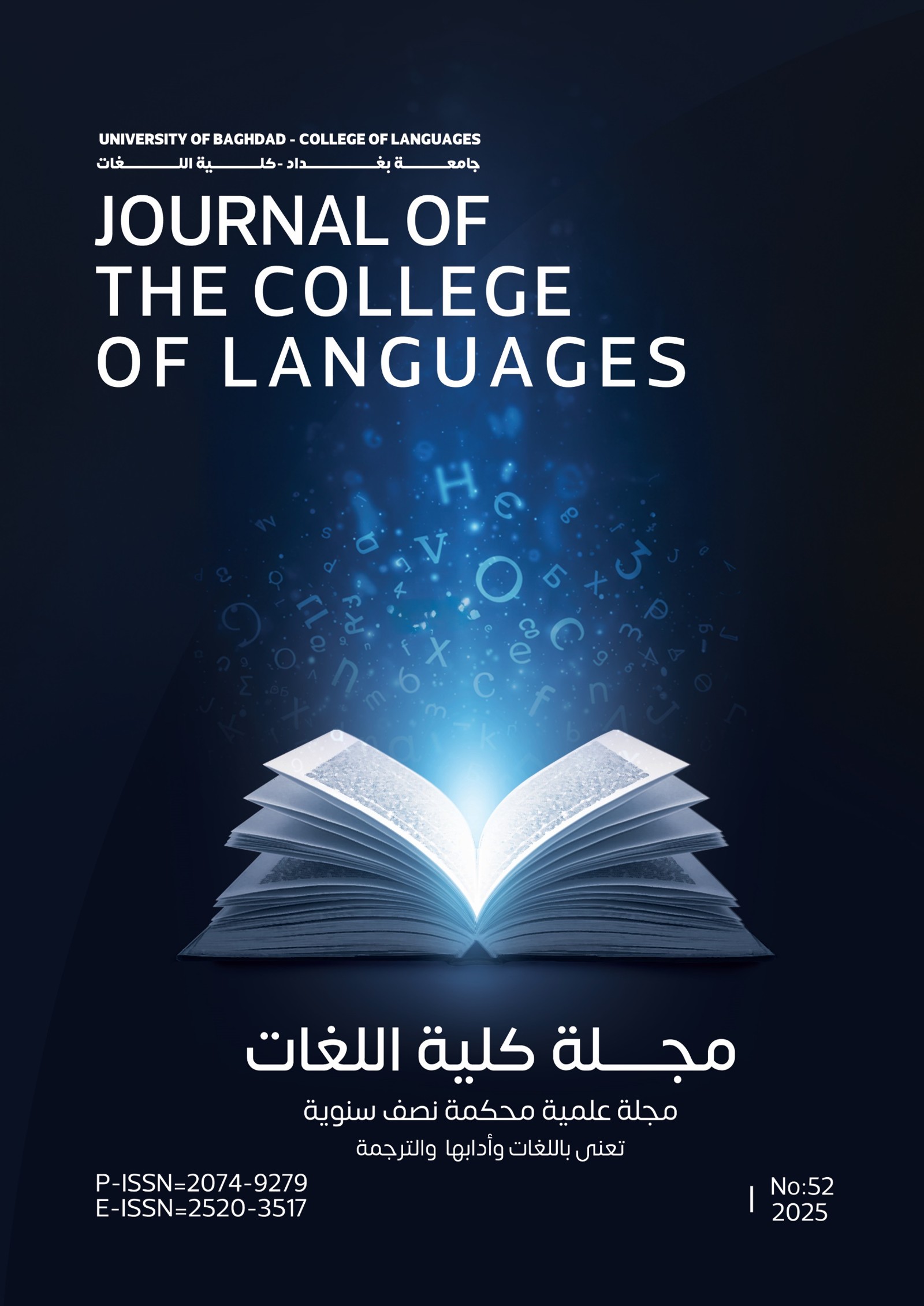DIFICULTADES DE TRADUCCIÓN DE LOS TEXTOS JURÍDICOS DEL ESPAÑOL AL ÁRABE DIFFICULTIES OF TRANSLATION OF LEGAL TEXTS IN SPANISH ARABIC
Keywords:
lenguaje jurídico, equivalencia, traducción especializada, terminología y formación de traductoresAbstract
Resumen:
El presente trabajo intenta analizar las características del lenguaje jurídico español a cuya estructura se debe su complejidad. A la vez, damos una descripción detallada de sus rasgos morfosintácticos, léxico-semánticos y estilísticos. En ningún momento, pretendemos fijar unas pautas o normas para la traducción de este lenguaje que requiere unos previos conocimientos jurídicos y cierta preparación para proceder a realizar esta tarea. Nuestra intención es, simplemente, ofrecer al lector árabe una pequeña visión de lo difícil que es comprender los textos legales españoles hasta para los nativos para imaginarse las posibles dificultades a la hora de iniciar a traducirlos.
Abstract
This paper attempts to shed light on one of the most important difficulties of translation of legal texts from Spanish into Arabic. We have chosen without pretending to be a legal writings exhaustive- different nature in order to show the reader the complexity of these texts. Without doubt, legal language is difficult for any translator or interpreter who is responsible for passing a judgment or a will or any other administrative or legal document written in Spanish into Arabic.
What to do when a translator is commissioned the translation of such texts? You need a basic knowledge of law have? To what extent you can find an equivalent between two legal systems that share neither the language nor the culture? What complexity of legal texts is that?
I would like to quote here the words of the writer Juan Carlos Arce in his article "judicial Language" published in the newspaper "La Razon," January 31, 2006, which shows us how complicated, difficult, archaic, etc .. is the legal language.
"We in the Administration of Justice ceremonial, a ritual, a stage and a language relic so ugly and stale, so absurd and unusual, no longer enough to say that is baroque, but it is absolutely archaic, sometimes above the fourteenth century. The city trembles when the court receives communications to it not being able to understand. Who reads a judicial communication not know if you are taken to prison or have inherited. "
If you doubt the accuracy and clarity are essential requirements to ensure ownership and rigor in the use of Spanish legal language, a feature that distinguishes it from other texts.
The importance of research is to explain the legal language and how it is defined, based on the technicalities and the functions performed by them in legal language.








